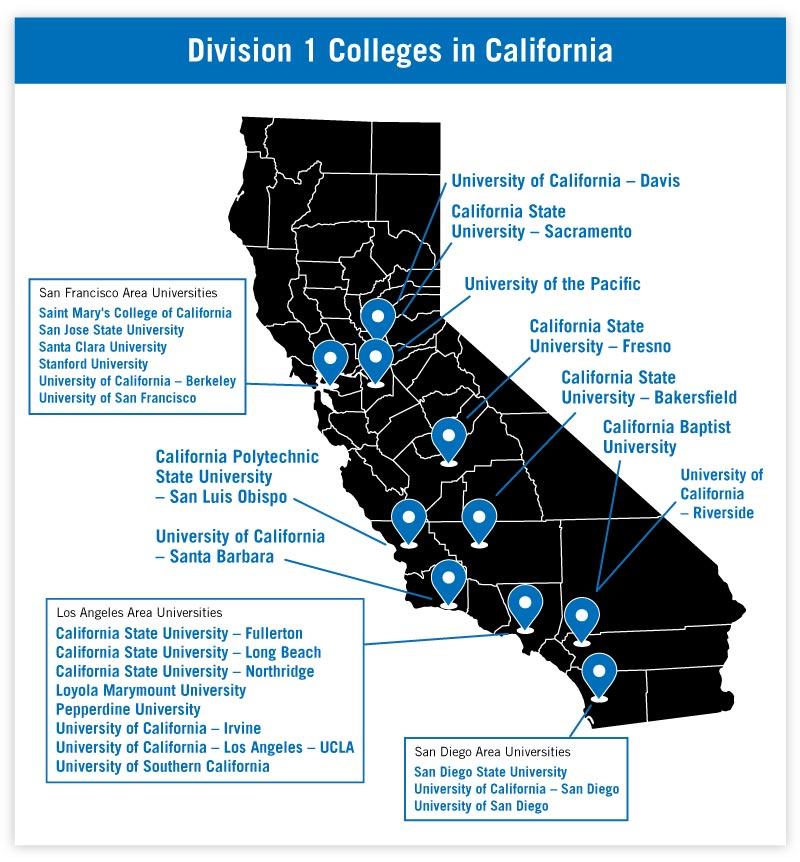In an era where technology continually transforms the landscape of education, California colleges are grappling with the increasing challenge of plagiarism and academic dishonesty. In response, institutions across the state are investing millions of dollars in advanced software designed to detect everything from traditional cut-and-paste copying to the more complex patterns generated by artificial intelligence. However, as the implementation of these technologies grows, questions arise about their effectiveness and the financial burden they place on educational budgets. Are these costly investments truly safeguarding academic integrity, or are they merely a temporary fix in an ever-evolving digital environment? This article examines the financial implications of policing academic honesty through technology and seeks to determine whether the tools being deployed are worth the expenditure, or if the pursuit of plagiarism detection has become a costly gamble for California’s colleges.
California Colleges Invest Heavily in Anti-Plagiarism Technology Amidst Rising AI Concerns
In recent years, California colleges have allocated significant financial resources to combat the increasing threat of plagiarism and the use of artificial intelligence in academic settings. The rapid development of AI technology has raised alarms among educators, prompting institutions to invest in advanced detection systems that promise to safeguard academic integrity. These systems utilize cutting-edge algorithms designed to identify discrepancies in writing styles, uncover copied content, and even recognize patterns indicative of AI-generated text. However, the effectiveness and accuracy of these technologies are under scrutiny, as many faculty members express concerns over potential false positives and the implications for student assessments.
Amidst this backdrop, the debate over the value of such investments intensifies. Institutions are confronted with the question of whether the millions spent on anti-plagiarism solutions could be better utilized to enhance educational resources and support student learning. Critics argue that over-reliance on technology can diminish critical thinking skills, suggesting that universities might be better served by fostering academic honesty through education and rigorous faculty engagement. As these discussions unfold, colleges are exploring alternative approaches:
- Revising curriculum to emphasize original thought and creativity.
- Implementing peer review to enhance accountability among students.
- Offering workshops on ethical writing and AI awareness.
| Investment (%) | Technology Against AI | Faculty Concerns |
|---|---|---|
| 40% | Detection Algorithms | False Positives |
| 30% | Plagiarism Scanners | Critical Thinking Impact |
| 20% | AI Counter-Detection | Cost-Effectiveness |
| 10% | Training and Support | Faculty Burnout |
Evaluating the Effectiveness of Plagiarism Detection Software in Academic Integrity
In an era where academic integrity is paramount, California colleges are investing substantial resources into plagiarism detection software. These tools promise to uphold standards and combat academic dishonesty, yet their effectiveness remains a contentious issue among educators and administrators. Despite the millions spent, many institutions grapple with the reliability of the technology. Critics point out that while plagiarism detection software can catch verbatim copied text, it often fails to recognize poorly paraphrased content or the nuanced creativity of AI-generated writing. This discrepancy raises important questions about the software’s overall utility and its role in fostering genuine learning.
The reliance on technology also introduces significant implications for student privacy and the interpretation of academic misconduct. Software can yield false positives and label innocent errors as cheating, which can unjustly tarnish a student’s academic record. Furthermore, educators must continuously adapt their evaluation methods to differentiate between legitimate learning and automated content generation. A closer inspection of the technology reveals:
| Feature | Limitation |
|---|---|
| Text Matching | Overlooking Poor Paraphrasing |
| Speed and Efficiency | False Positives |
| Integration with Learning Systems | Privacy Concerns |
As colleges weigh the pros and cons, a balanced approach may be key. Engaging students in discussions about ethical scholarship and equipping faculty with effective strategies to interpret detection results could ultimately preserve the essence of academic integrity while embracing technological advancements. The question remains: can investment in these tools genuinely enhance the educational landscape, or do they merely serve as a facade for deeper systemic issues?
Strategies for Institutions to Enhance Plagiarism Prevention Beyond Technology Solutions
As institutions grapple with the challenges of academic integrity, expanding their strategies beyond technological solutions has become increasingly essential. While sophisticated software can detect plagiarized content, cultivating an ethical culture within academic environments is paramount. Faculty training programs can play a crucial role, equipping educators with the skills to identify and address instances of academic dishonesty effectively. Additionally, promoting clear guidelines on plagiarism and its consequences can help foster student accountability. Institutions should consider implementing regular workshops and seminars focused on ethics in scholarship, encouraging open discussions about the implications of plagiarism and artificial intelligence in academic work.
Furthermore, fostering a supportive community that emphasizes collaboration and originality can significantly reduce the temptation to plagiarize. Institutions might explore peer mentoring programs where upper-level students guide their peers in research practices and writing skills, thereby reinforcing positive behaviors. Incentivizing originality through student recognition programs can also motivate individuals to engage authentically with their work. The following table summarizes key strategies for enhancing plagiarism prevention without solely relying on technology:
| Strategy | Description |
|---|---|
| Faculty Training | Equip educators to recognize and address academic dishonesty. |
| Workshops on Ethics | Facilitate discussions on the implications of plagiarism. |
| Peer Mentoring | Encourage upper-level students to support their peers. |
| Incentives for Originality | Acknowledge original work to motivate authenticity. |
In Retrospect
As California colleges grapple with the rising tide of plagiarism and the challenges posed by artificial intelligence, the financial and ethical implications of investing millions in detection technologies remain hotly debated. While institutions seek to uphold academic integrity, the reliability of these tools and their impact on student trust continue to raise questions. As the landscape of education evolves, so too must the strategies designed to safeguard it. Moving forward, educators and administrators will need to weigh the benefits of these tools against their potential shortcomings, all while considering innovative ways to foster an environment of honesty and learning. As this discourse unfolds, stakeholders must remain vigilant, ensuring that the pursuit of academic integrity does not compromise the very values that underpin higher education.









